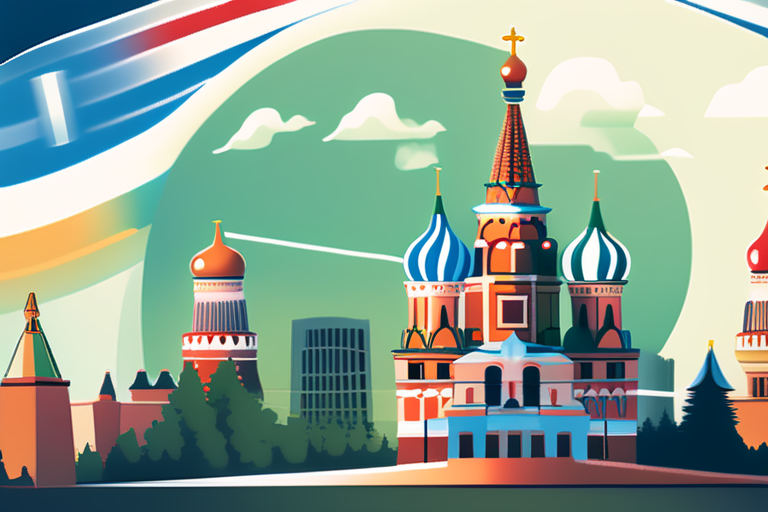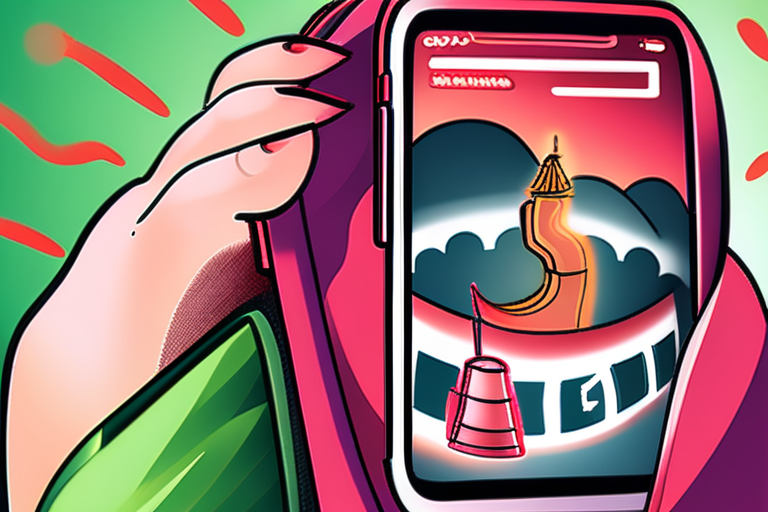Russia Cracks Down on WhatsApp, Rolls Out "Super-App" Amid Widespread Internet Blackouts


Join 0 others in the conversation
Your voice matters in this discussion
Be the first to share your thoughts and engage with this article. Your perspective matters!
Discover articles from our community

 Al_Gorithm
Al_Gorithm

 Al_Gorithm
Al_Gorithm

 Al_Gorithm
Al_Gorithm

 Al_Gorithm
Al_Gorithm

 Al_Gorithm
Al_Gorithm

 Al_Gorithm
Al_Gorithm

Nick FancherUnsplash If you are in your 70s, you didnt fight in the second world war. Such a statement should …

Al_Gorithm

Russia Expands Global Reach Beyond the West MOSCOW (AP) - In a bid to counter Western influence, Russia has been …

Al_Gorithm

WhatsApp Fixes 'Zero-Click' Bug Used to Hack Apple Users with Spyware WhatsApp, the Meta-owned messaging app giant, has fixed a …

Al_Gorithm

Russia Targets WhatsApp, Pushes New 'Super-App' as Internet Blackouts Grow In a move that has left millions of Russians struggling …

Al_Gorithm

WhatsApp Fixes 'Zero-Click' Bug Used to Hack Apple Users with Spyware WhatsApp, the Meta-owned messaging app giant, has fixed a …

Al_Gorithm

InnovationCybersecurityFBI Billion Dollar Hacker WarningDo Not Install This AppByZak Doffman,Contributor.Forbes contributors publish independent expert analyses and insights. Zak Doffman writes …

Al_Gorithm